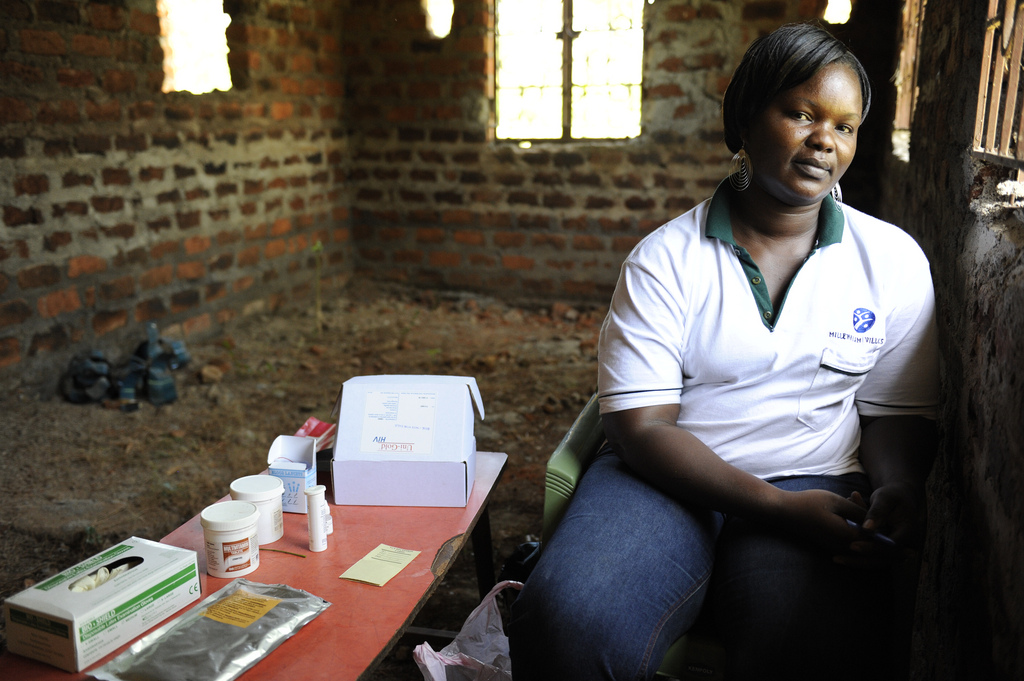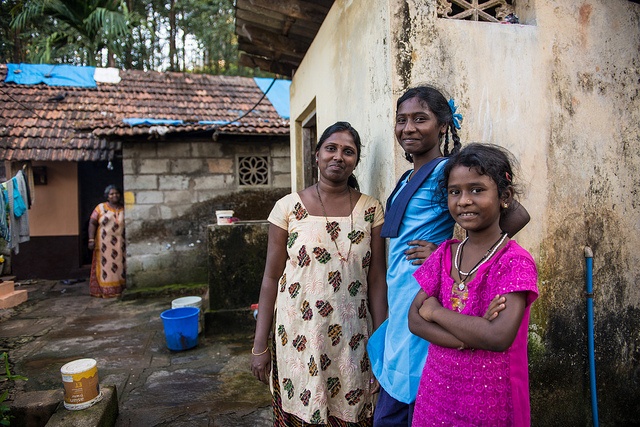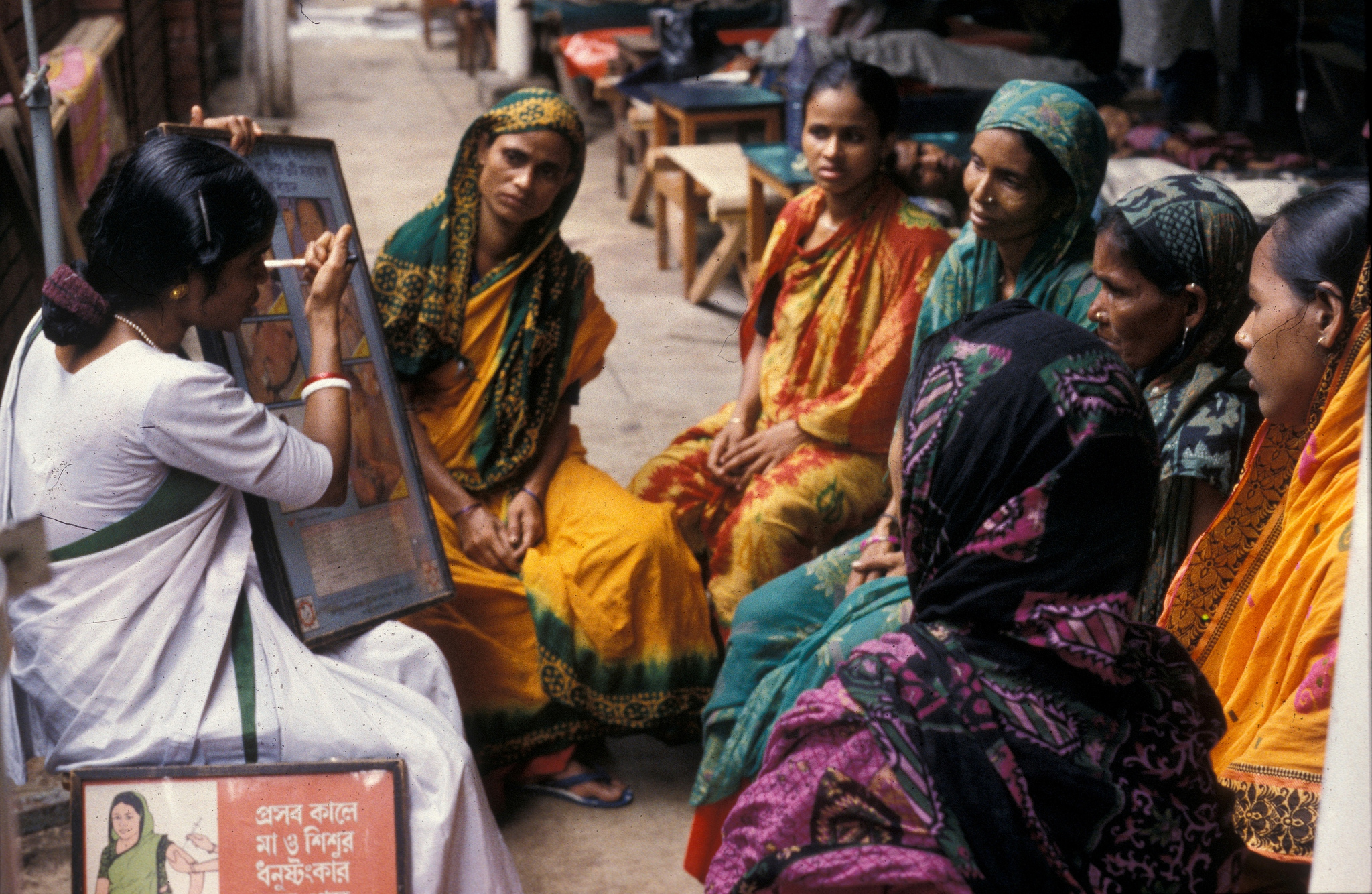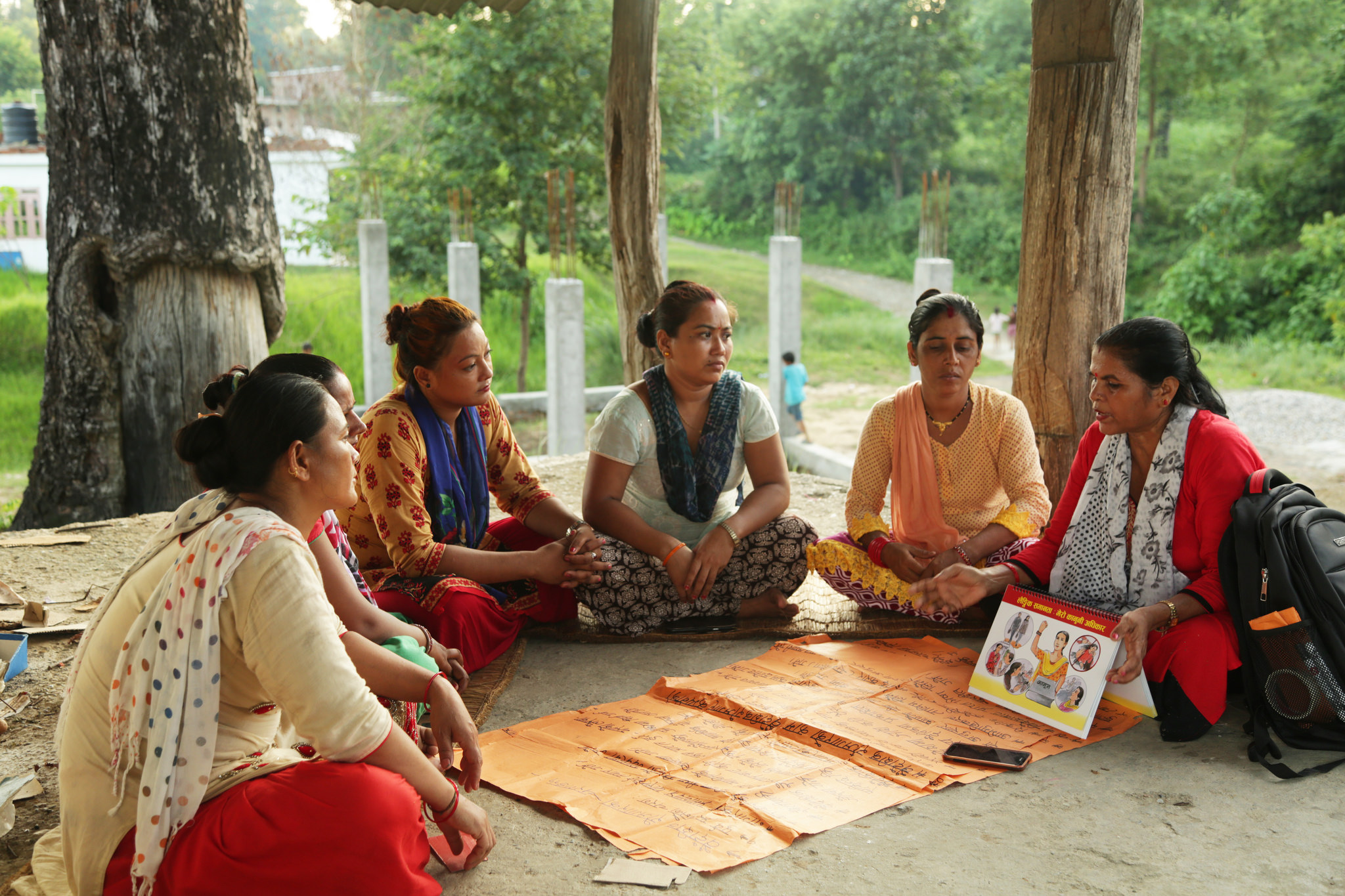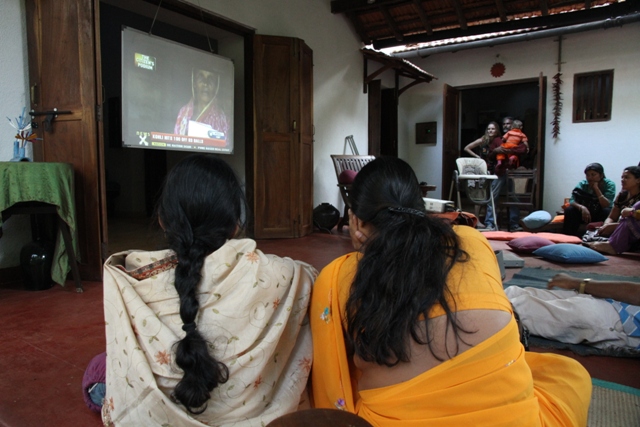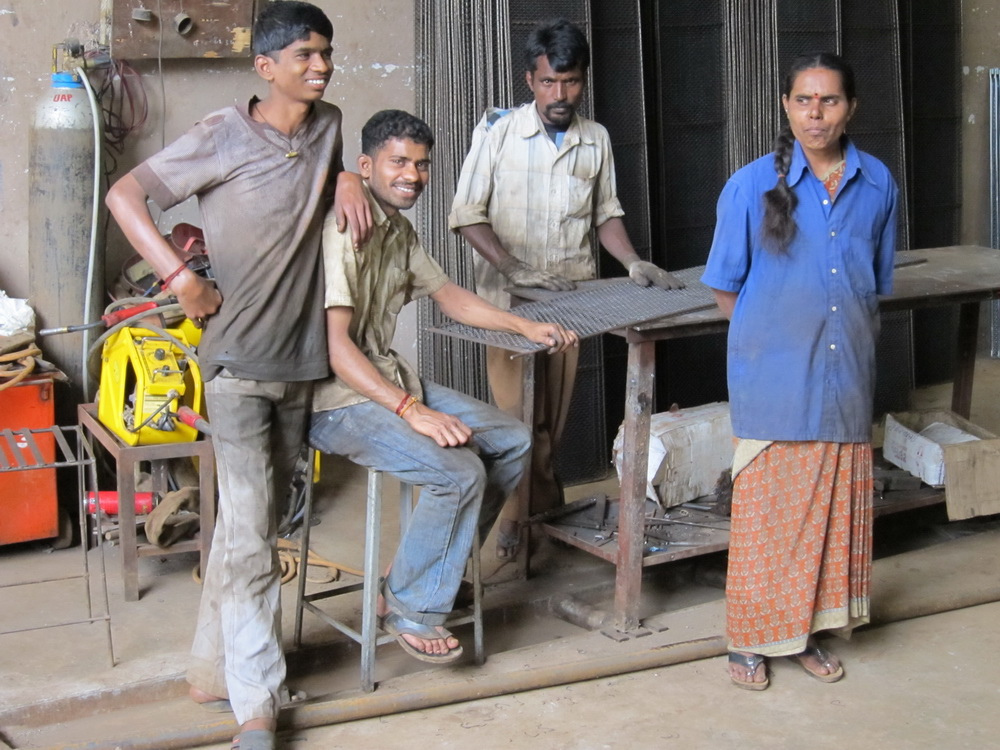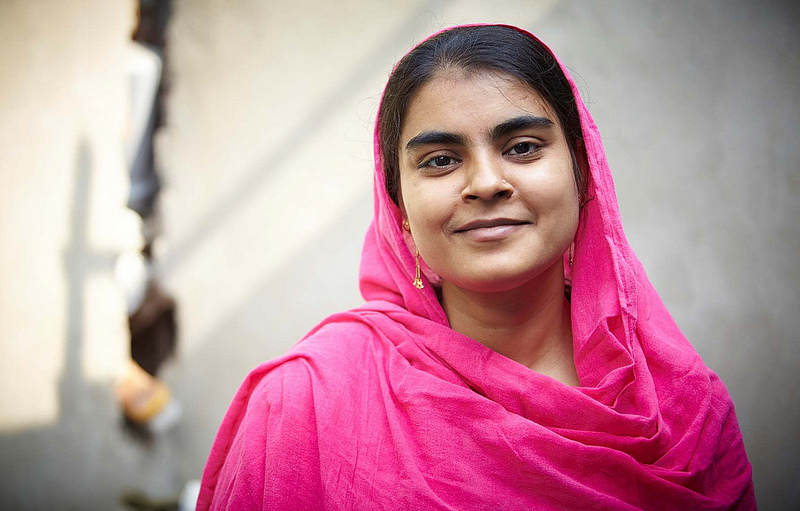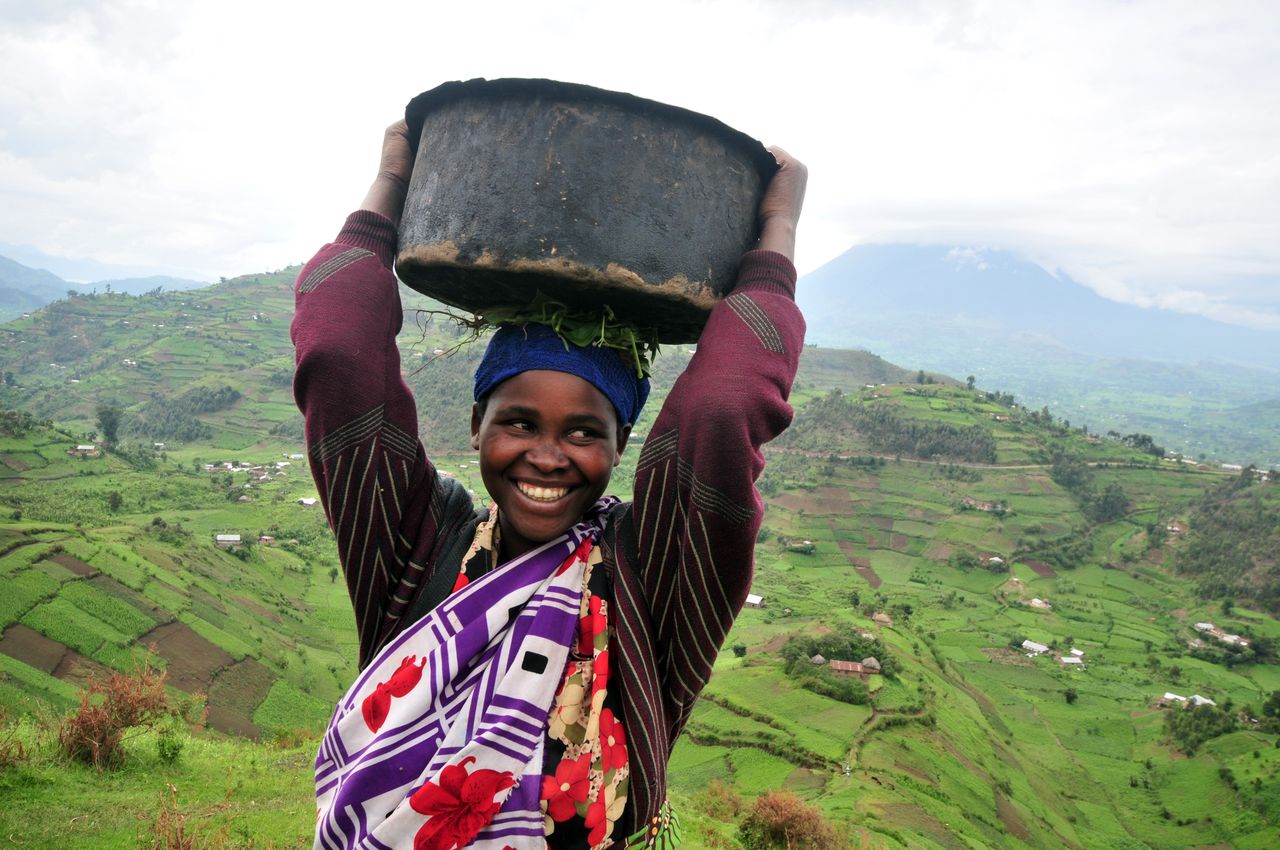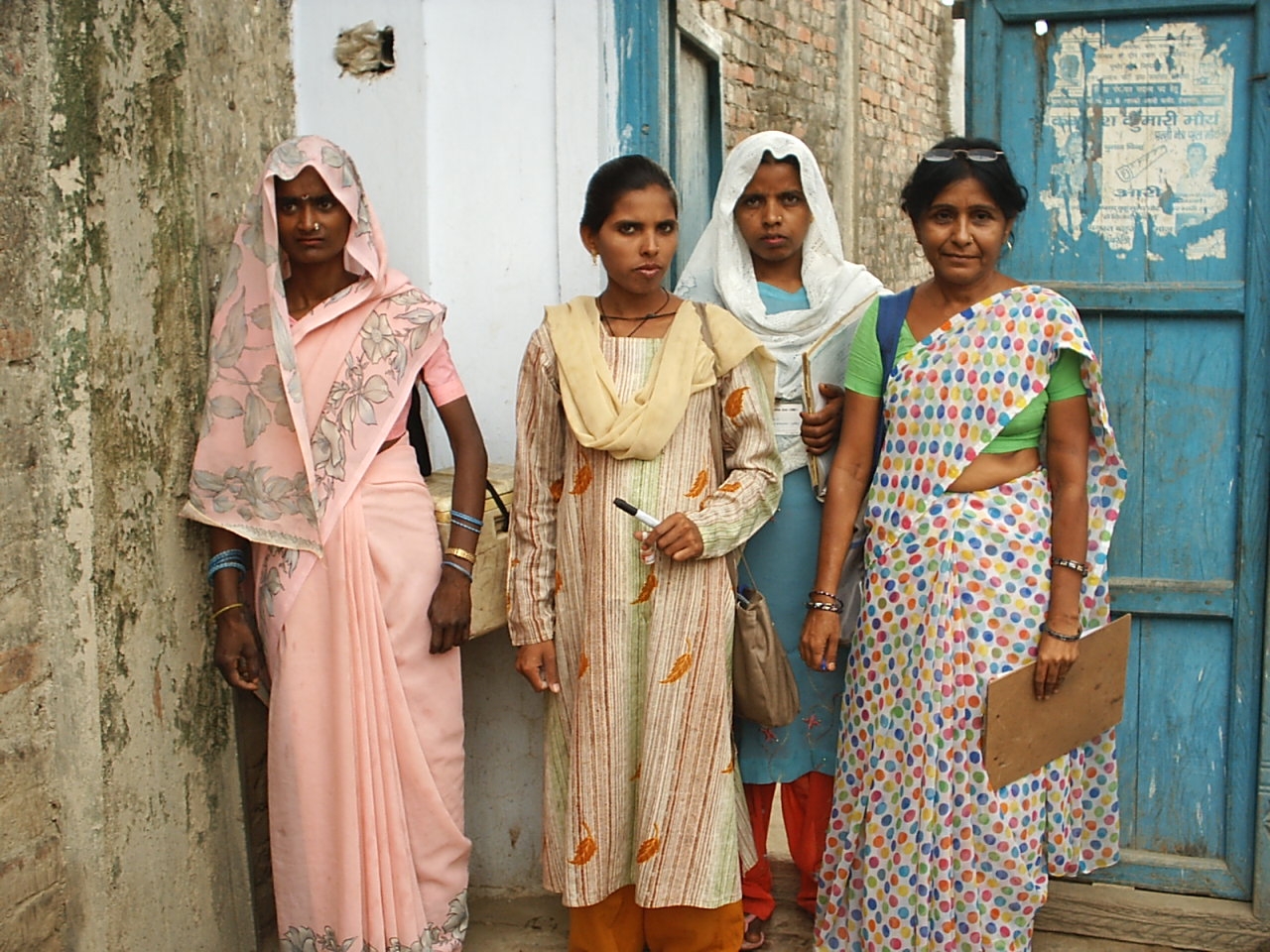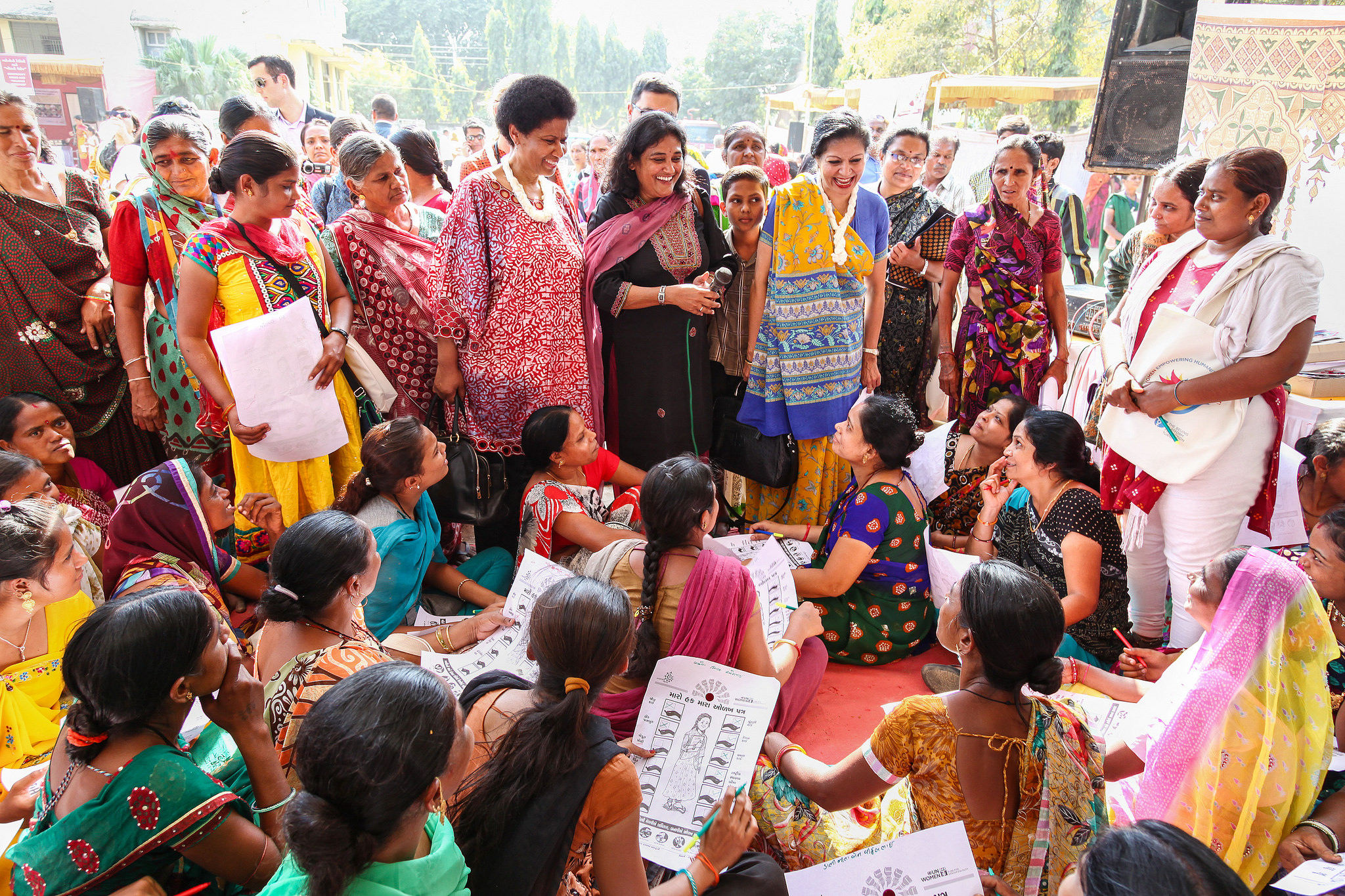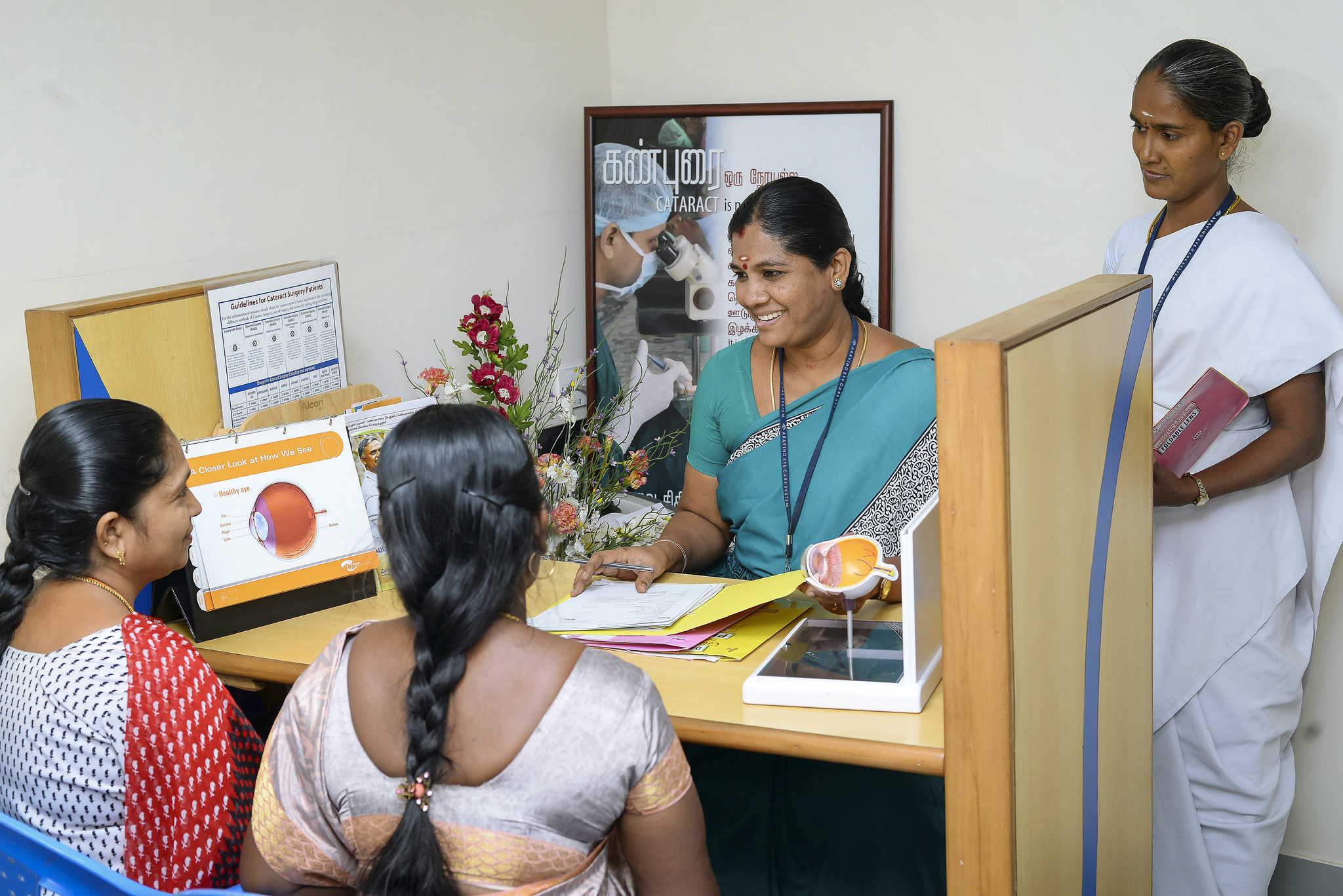View the latest family planning advocacy news from our partners.
In October 2017, Kenya’s Narok County government approved the implementation of a national policy, which allows trained Community Health Volunteers (CHVs) to provide intra-muscular DMPA (DMPA-IM) injectable contraceptives, in addition to pills and condoms.
India’s Jhansi district will now offer intrauterine device (IUD) services in five urban primary health centers for the first time, thanks to a letter sent by the Chief Medical Officer in September 2017. Prior to this expansion, health centers offered only pills, condoms, and emergency contraception as family planning methods.
In September 2017, the Directorate General of Family Planning (DGFP) in Bangladesh developed and approved a standardized training module for community-based health workers who provide family planning services. For its implementation, the DGFP allocated 9.4 million BDT (US $113,000) from their sector development plan to support the community-based provision of short-term contraceptive methods over a five-year implementation period (2017-2022).
In September 2017, the Directorate General of Family Planning (DGFP) issued two unprecedented government orders to support implementation of a task-sharing policy in Bangladesh, significantly improving access to family planning services at community clinics.
India’s Agra district Department of Information & Broadcasting (I & B) committed to air key information developed by the Department of Health and Family Welfare on the availability of family planning services for men. After running informative messaging from August to October 2017 on five local television channels and in five leading newspapers, I & B recently extended the contract for an additional five months.
The Industrial Association in the Firozabad district of Uttar Pradesh, India approved an unprecedented three days paid leave for male employees who undergo non-scalpel vasectomy (NSV) services.
Assam state establishes district working groups for family planning in four districts
In December 2017, Uganda’s Bushenyi district chief administrative officer directed sub-county governments to allocate one percent of their total budgets to providing youth-friendly services, including family planning.
Advance Family Planning’s (AFP) new case study from Nigeria showcases the persistent advocacy that led to women in a suburb of Lagos State receiving contraceptive services completely free for the first time.
For the first time in India, the state government of Jharkhand initiated a pilot to engage accredited social health activists as ‘family planning communicators.’ The frontline health workers, known as Sahhiyas in Jharkhand, will provide family planning counseling services, filling human resource vacancies and improving access to quality services.
As of July 2017, five districts in India’s Rajasthan state formed and operationalized working groups. All five groups, one established as an advocacy working group and the other four initially formed as District Project Implementation Bodies, are successfully advocating for family planning progress in their districts.
Between July and October 2017, the districts of Baran, Bhilwara, Sawai Madhopur, Sirohi and Pali in India’s Rajasthan state established 28 family planning counseling corners. These dedicated spaces, in addition to the two previously established, will improve patient counseling on modern contraception methods as well as the quality of contraceptive service provision in the respective facilities.


